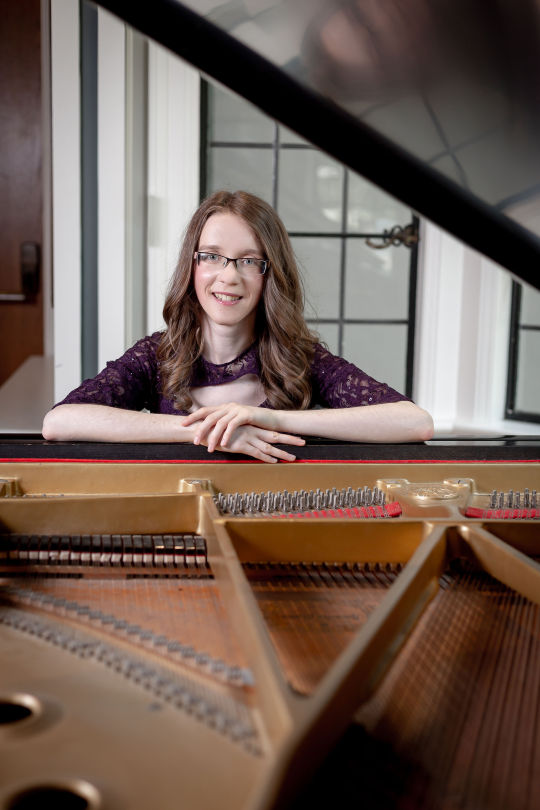Text
Trends - Wellbeing
I had several noon hour conversations with another fellow instructor, Deirdre. We had a lovely routine of meeting for lunch every 2 or 3 weeks. One trend that we spoke about frequently was the trend for instructors to overwork or not set good work boundaries. We both notice this division, where some instructors do take care of their wellbeing by setting "off" time while others do not. I must admit that I do check my emails from students daily - 7 days a week. On evenings and weekends, I would say that I triage emails. If they are not urgent, they get answered the next business day. If something is urgent, I will send a quick reply. Deirdre is good at keep her emails to business hours, which I think is great!
Having some designated "off" time, helps both Deirdre and I to stay motivated, energized, and present for our students. It helps us to avoid burn out, which is so common among young educators. I also like to make sure that I do things to fill myself during "off" time, like going for a walk with my dog, seeing nature, or hearing a good concert.
Not only does "off" time help us, but it sends an important message to our students - balance and taking time for yourself is vital. It is an important priority that can be easily overlooked. I know that I overlooked it often during my doctoral studies and my body and mind felt the negative effects.
What are the ways that you take care of yourself as an educator?
This work is licensed under a Creative Commons Attribution-NonCommercial-ShareAlike 4.0 International License.
1 note
·
View note
Text
Post secondary institutions were pushed into full online learning during the covid-19 pandemic. As we emerge post-pandemic, the question has arisen about how best to deliver education. Some institutions and programs have returned fully in person, while others have adopted hybrid and blended instructional delivery or turned fully online. It is challenging to know what is best for students overall. This article looks at students preferences and finds that face-to-face or blended learning are significantly preferred by students over full online learning. Reading one study is not the answer though. As this challenge is faced by post-secondary institutions, each program and course needs to be evaluated. What is the demographic of students? Can they easily access face to face classes? Do they have strong internet access for online components? Will students be disadvantaged by one delivery method? What are the learning outcomes and how will they be impacted by online or face to face delivery? Will the delivery method impact assessment? These are just some of the many questions that I will be thinking of.
Click here to read the article.
This work is licensed under a Creative Commons Attribution-NonCommercial-ShareAlike 4.0 International License.
0 notes
Text
Music curriculum at both secondary and post-secondary institutions still relies heavily on the teaching of Western Classical Music, predominantly white male composers of European descent. Many piano students in post-secondary institutions still desire to pursue studies in the western classical tradition. How can piano education broaden to include music of minority groups and music from other cultures? Exposing students to merely a token piece outside of the western classical canon each year is not enough to shift the paradigm. As piano educators and music educators, we need to become more knowledgeable about world music and incorporate it meaningfully into our curriculum. This article provides literature and studies to back up this notion. How are you making your teaching more multi-cultural?
This work is licensed under a Creative Commons Attribution-NonCommercial-ShareAlike 4.0 International License.
1 note
·
View note
Text

Welcome to a space where musician/performing artist educators can freely and openly discussion issues in post-secondary performing arts education. I am Emily - performing pianist, music educator, and passionate performance researcher. I have an earned doctorate degree in piano performance and have embarked on a career in post-secondary music education. While teaching, I also balance my career as a performer – a challenge faced by so many music educators. Times are changing and the university/college music school environment needs to adapt to shifts in the industry, in society, and in the post-secondary education landscape. This is a place to share ideas, discuss trends, and propose new concepts for further exploration.
1 note
·
View note